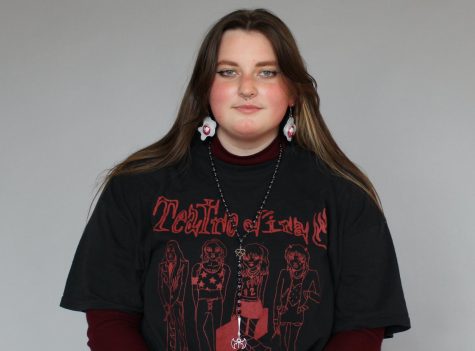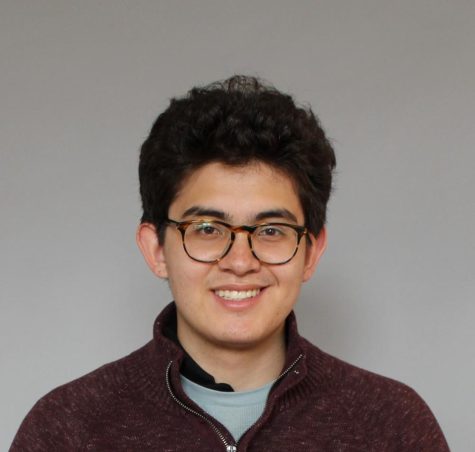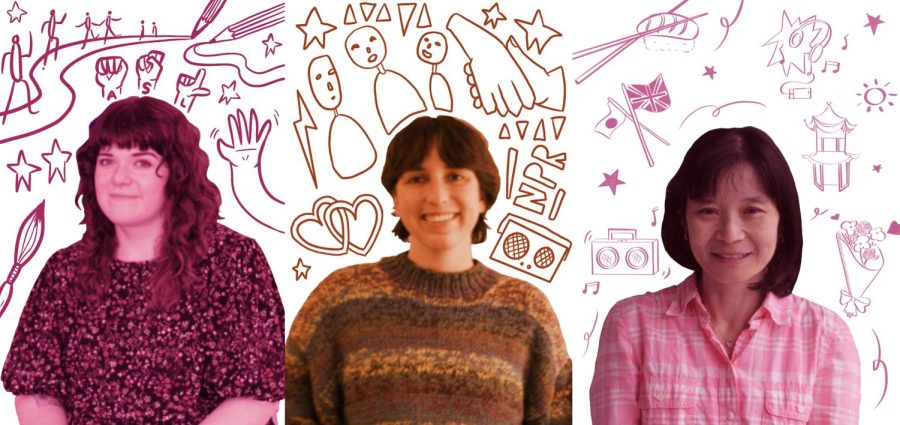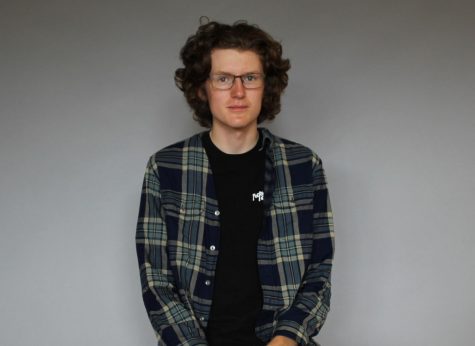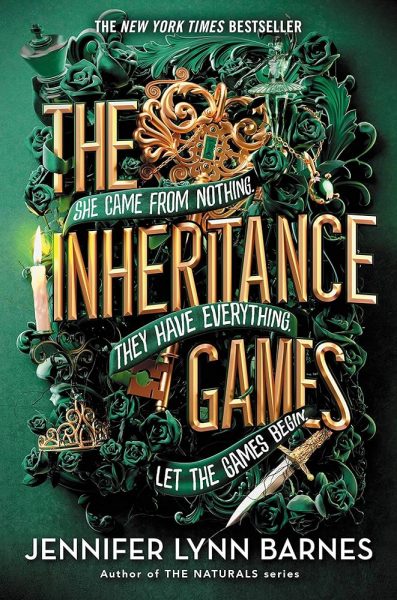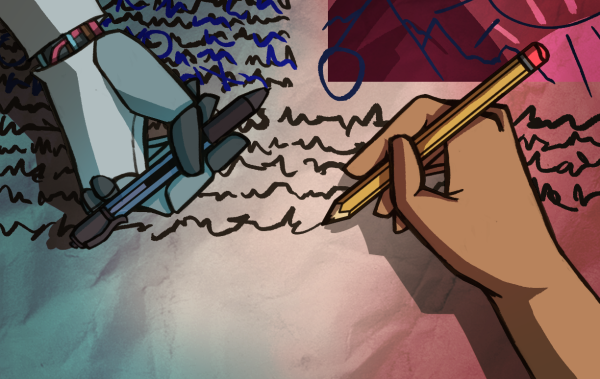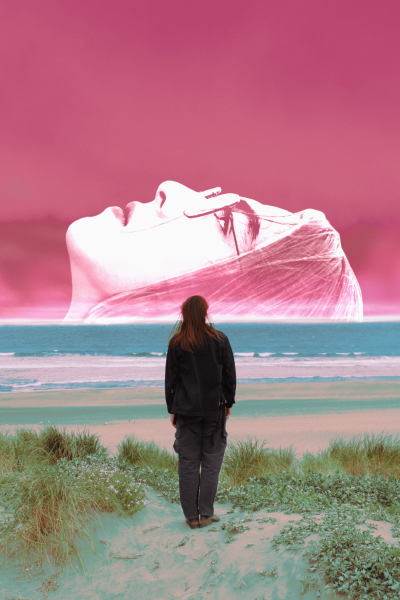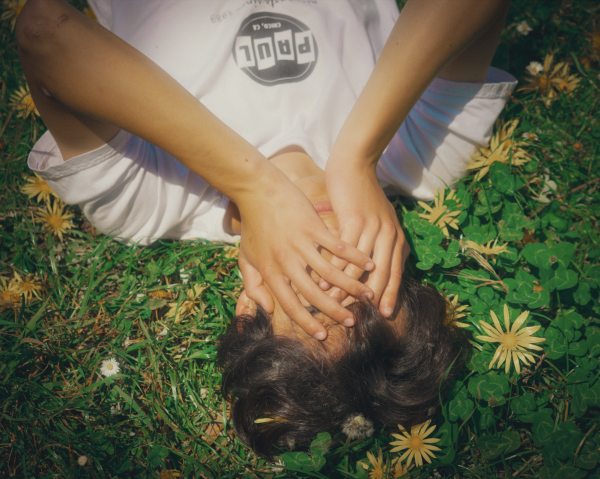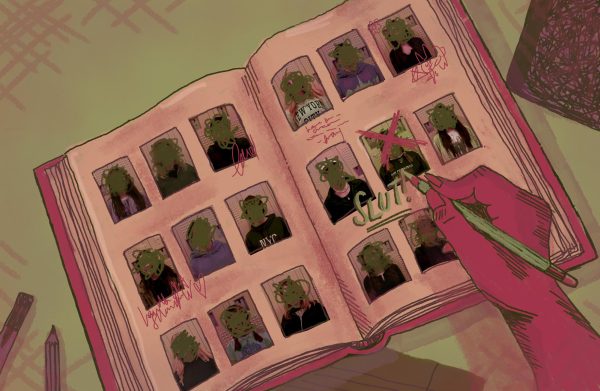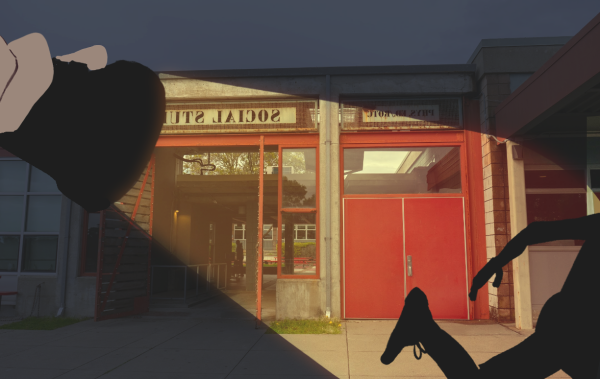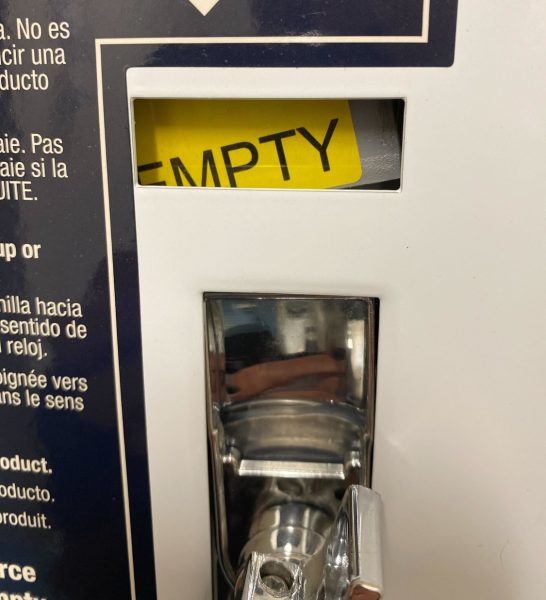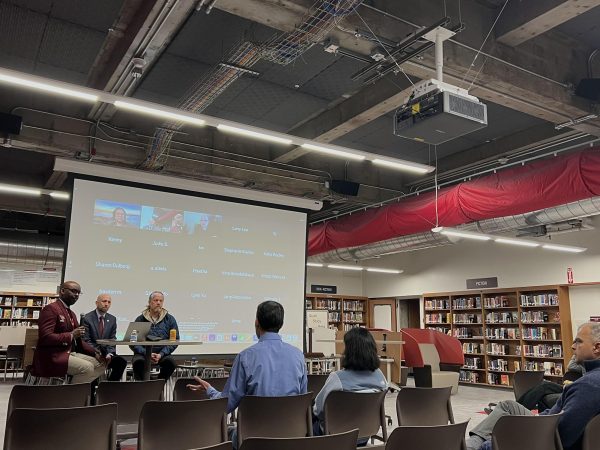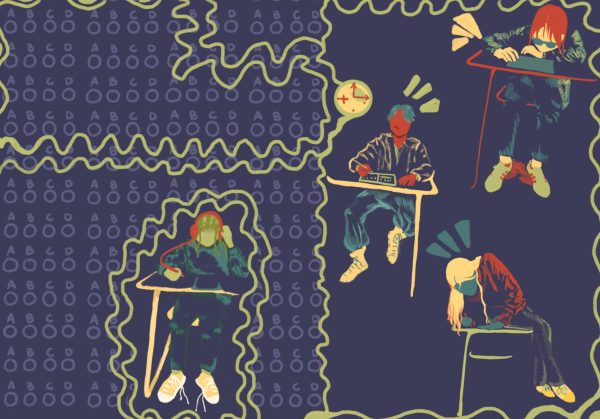New year, new staff: Meet your new teachers, part 5
Chiaki Vanasupa, Japanese teacher
By Walker Whalen
Lowell’s newest Japanese teacher, Chiaki Vanasupa, grew up speaking Japanese, but most of the time she didn’t do so in Japan. Though both her parents were Japanese, her father worked for a Japanese company that transferred him all over the globe. Vanasupa was born in Belgium, but only lived there two years. Most of her elementary school years were spent in Brazil. She attended a Japanese school, but did learn Portuguese — and some Latin dance. During her high school years, Vanasupa lived in Japan, where her connection to Japanese culture was more deeply sown. But then she was off to college in England. She now lives in San Mateo, and has grown accustomed to swapping sunlight for fog. Outside of class she enjoys both flower arranging and hip hop dance.
What’s your first impression of Lowell?
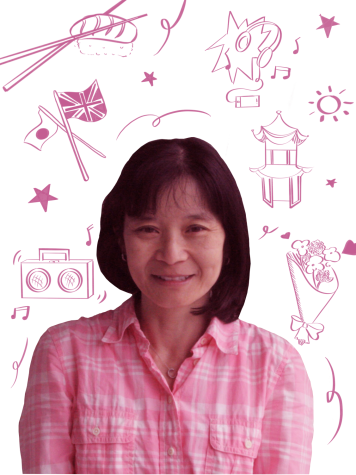
It’s very peaceful. Teachers are very friendly and help me a lot since I’m new. All the teachers are so nice and helpful. And the students are also very helpful, helping me a lot because I’m new; I don’t know anything. The students really help me create a nice class environment.
What do you think is the most rewarding thing about teaching?
Every time I learn something new, when I realize, ‘Oh, I can use this word, I can use these phrases,’ it’s enjoyable. And if I find that students are experiencing the same things I have been experiencing, that’s a joy. We share something in common. I’m teaching about my own culture and Japanese language and I can be a student forever. I’m still learning about my own language and culture. So that’s what I love, I love teaching.
What are your hobbies?
I love dance, growing up in the Latin culture. Not salsa, but I like hip-hop, like a really fast one because I can’t forget anything. I have to concentrate. Yeah, I love hip-hop.
Randi Pace, Special education teacher
By Anton Kox
Randi Pace was born in Raleigh, North Carolina, and grew up in Washington before moving to California. She first learned sign language through a deaf friend in middle school and a class in high school, and Pace sought to pay that skill forward in her career. After getting her B.A. in deaf education at the University of North Carolina Greensboro, she stayed on longer to receive an M.A. in illustration. She then added yet another M.A. to her repertoire, an M.A. in gender studies from the Maryland Institute College of Art. Afterwards, Pace became an interpreter for deaf students. Pace is now the deaf and hard of hearing teacher in the Special Education department at Lowell. Pace enjoys art, and illustrates outside of teaching.
What inspired you to teach deaf students?
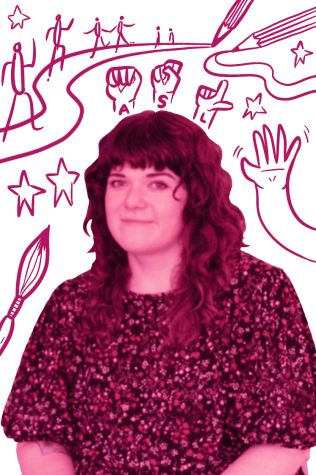
When I was in middle school, there was a girl that was deaf, and I became fascinated with American Sign Language (ASL). I started chatting with her and learning signs. In high school, they had ASL classes, so I started taking them. I went to college and learned it there.
What are the challenges and rewards of being a teacher?
It’s all about the students you work with. Just seeing progress, because sometimes it can be slow and it can be tough, and setting goals with them, and seeing them work towards those goals, that’s great. So sometimes it’s really tough, and it’s a struggle, but yeah, it is great to see something happen.
How has the adjustment been teaching in-person classes again?
I know it’s been really difficult for the students that I work with, because we all have been locked inside for the past two years. It’s definitely a big transition for all of us, I think we’re all just figuring out how to get back to “real life.” So, it’s been a tough transition, but we’re hanging in there.
How has your experience creating illustrations affected your teaching style?
I guess being creative. That’s what I love. We made a card for one of the service providers, so we all drew something. Adding a flourish of creativity is just great. I think engaging students in that way is really helpful.
Hannah Milstein, Special education teacher
By Isaac Olson
Born in Hawaii, Hannah Milstein spent most of their childhood in Sacramento. After graduating from high school in 2011, Milstein attended Cal Poly in San Luis Obispo, where they earned a B.A. in history. Four years later, they moved to San Francisco to pursue a M.A. in the same field. Deciding to pursue education, Milstein enrolled in “Teach for America” where they earned credentials in Special Education. Milstein has been working as an educator for five years, and says they were drawn to the field by her grandmother and a desire to help people.
Was there anything special that attracted you to teaching?
I have had a lot of really positive experiences tutoring, particularly at SF State, working with English language learners. I realized that I really enjoyed working with students, particularly students that aren’t necessarily like mainstream students, in order to help them figure out what they love, what they enjoy, and how to best access their classes.
Was there any reason you decided to come to Lowell? Did it have a specific appeal?
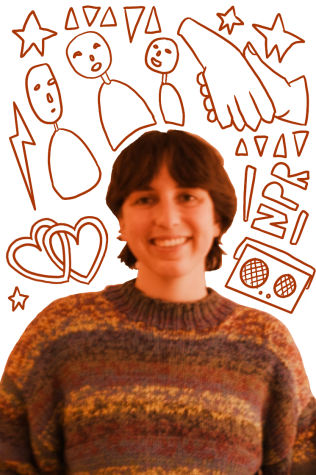
I had heard great things. I was looking to move from a charter school to the district, and with Lowell being the first place I interviewed at, I was very excited to get a job offer.
So you said you teach the same group of students, is that a Special Ed thing?
Part of my job as a special educator is to teach the mild to moderate English language arts class. It’s called a “special day class” where I work with students who are on a graduation pathway, but might need a more enriched environment than your typical gen-ed class. And part of what I do as well is I teach students how to learn. So like when you roll into your class, your teacher will say, “Take notes, read this.’” They’re not going to teach you how to take notes or how to engage with this text, they just expect you to know how to do that. So part of my work is also building off of that.
What do you find rewarding about being a teacher?
Oh my god, I love it. The kids are the best. I always say that I teach the best students in the entire school, no matter what school I’m at, it’s always the group that ends up with me. I’m just like, “Oh, these are the coolest children,” young adults excuse me, some of you guys are almost 18. I actually really enjoy working with youth because you guys are so in tune with what’s going on in the world. I think about when I was in high school, and I didn’t know what was going on around me. I maybe listened to NPR a little bit, but like every single student I meet who’s in this age range is concerned with social issues, concerned with what’s going on in the government, or the environment and it’s really cool to get to engage with that energy on a daily basis.
I know you mentioned your grandmother. She’s someone that inspired you. Was there someone else who made you really want to follow this career path?
My grandma is my hero. I love her to death. Her and I, I think we are like twin souls. I grew up next door to her and my parents live next to her, so I spent a ton of time with her. We talk every Sunday. I try to bring her energy into the classroom whenever I can. I also think about my two favorite high school teachers to try to find my persona in the classroom. I have one teacher that was like my school mom. She really made sure that I showed up where I needed to show up on a given day. Then I had a teacher who I consider my crazy school uncle. His whole thing was like, “Screw what society is going to tell you, there is beauty and art, and so many more things to experience beyond what I can teach you in this class or beyond what you’re going to be exposed to in an academic environment, and you should go and explore that. Do you feel whole?” So I try to bring those into my room.
How would you describe your teaching style?
My main thing as a teacher is I like to see the people I teach as human beings first, and then as students second. Every person who comes into this room has their entire history and baggage and all of that with them, and I want to honor that before we even dive into the academic materials because if you’re not whole and feeling okay before we start that, then what’s the point? You need to feel good, and connected, and centered within yourself so I try to bring in a lot of mindfulness. I try to bring in a lot of mental health awareness, and really make sure that my classroom is a nurturing environment.
